PG Diploma in Full Stack Java Development
100% JOB Assured with Globally Accepted Certificate
Intermediate
PG Diploma in Full Stack Java Development
100% JOB Assured with Globally Accepted Certificate
Overview
Java Full Stack Developer Course
Description
Get Started Full Stack Java Developer Course program with Cranes.
PG Diploma in Java Full Stack Development is a five months job-oriented professional course, providing strong knowledge & a proper understanding of Java Technology.
We, at Cranes, provide training in all the relevant disciplines to enable the engineers to develop Java-based applications that meet industry standards.
At Cranes, we provide the students with an organized framework to enhance their technical skills & knowledge curve. The sessions are well planned and delivered with examples to make the lectures more interesting and understandable. We aim to create more robust knowledge representations in the students’ minds.
Cranes is the best Full Stack Java Development Training Institute in Bangalore (Available Online), India. Cranes Varsity provides PG Diploma in Full Stack Java Development – a five month intensive job-oriented course that provides deep knowledge and proper understanding of Java Technology. With over 200+ students working with the prestigious clients like Accolite Digital, Vodafone, Birla Soft, Capgemini, HTC, KPIT, HCL, CGI, Markle, Wipro, Adaequare Info Pvt Ltd, Quinnox, Tek Systems, L&T Technologies services and many other companies, Carnes Varsity established itself as leading and trusted company for Full Stack Java Training.
Through classroom lectures / Online training, demonstrations, hands-on activities and practical assignments, our classes offer students the opportunity to hone their skills.
Why Full Stack Java Developer Program?
The Full Stack Java Development course has both front and back end, Web Application Development, Desktop Application Development, RDBMS, J2EE, Frameworks, Web services, Angular JS, Express JS and React JS training. The course is designed to enrich the participant’s industry sought after JAVA Skills. Real-time Projects, Periodic assessments, Challenging assignments, Comprehensive database of interview questions and answers will be profoundly helpful to the participants to getting through any hardest interviews.
PG Diploma in Full Stack Java development course syllabus is structured in terms of modules that help students in developing a better understanding of the subject. Which are listed below.
Full Stack Java Developer Course
Kickstart your career as a Full Stack Java Developer with our Placement Assured PG Diploma in Full Stack Java Developer Course.
Full Stack Java Developer Course at Cranes Varsity, Bangalore covers a comprehensive range of skills required to build end-to-end web applications. In this program, you will learn core Java programming, object-oriented principles, and database management. Front-end development skills like HTML, CSS, and JavaScript will enable you to create intuitive user interfaces. Mastering Java frameworks such as Spring and Hibernate will empower you to build robust back-end systems. You will also delve into web services, API integration, and cloud deployment. You will also gain expertise in developing application using MEAN stack.
Why Full Stack Java Developer Program?
Gain expertise in front-end and back-end development, equipping you with a versatile skill set sought after by top employers. Master Java programming, HTML, CSS, JavaScript, and popular frameworks like Spring and Hibernate. Build real-world projects, collaborate with industry experts, and enhance your problem-solving abilities.
Additionally, you will gain knowledge of version control, testing, and debugging techniques. With these skills, you will be ready to embark on a career as a versatile Full Stack Java Developer, capable of handling both front-end and back-end aspects of web development.
Our dedicated career support ensures job placement, connecting you with leading companies in the software development industry. Enroll now and pave your way to becoming a highly skilled Full Stack Java Developer. This Java Course in Bangalore by Cranes Varsity is offered in both online and offline mode.
Kickstart your career as a Full Stack Java Developer with our Placement Assured PG Diploma in Full Stack Java Course.
Full Stack Java Development Course at Cranes Varsity, Bangalore covers a comprehensive range of skills required to build end-to-end web applications. In this program, you will learn core Java programming, object-oriented principles, and database management. Front-end development skills like HTML, CSS, and JavaScript will enable you to create intuitive user interfaces. Mastering Java frameworks such as Spring and Hibernate will empower you to build robust back-end systems. You will also delve into web services, API integration, and cloud deployment. You will also gain expertise in developing application using MEAN stack.
Gain expertise in front-end and back-end development, equipping you with a versatile skill set sought after by top employers. Master Java programming, HTML, CSS, JavaScript, and popular frameworks like Spring and Hibernate. Build real-world projects, collaborate with industry experts, and enhance your problem-solving abilities.
Additionally, you will gain knowledge of version control, testing, and debugging techniques. With these skills, you will be ready to embark on a career as a versatile Full Stack Java Developer, capable of handling both front-end and back-end aspects of web development.
Our dedicated career support ensures job placement, connecting you with leading companies in the software development industry. Enroll now and pave your way to becoming a highly skilled Full Stack Java Developer. This Java Certification course by Cranes Varsity is offered in both online and offline mode.
Kickstart your career in Full Stack Java Development with our Placement Assured PG Diploma in Full Stack Java program.
Full Stack Java Development covers a comprehensive range of skills required to build end-to-end web applications. In this program, you will learn core Java programming, object-oriented principles, and database management. Front-end development skills like HTML, CSS, and JavaScript will enable you to create intuitive user interfaces. Mastering Java frameworks such as Spring and Hibernate will empower you to build robust back-end systems. You will also delve into web services, API integration, and cloud deployment. You will also gain expertise in developing application using MEAN stack.
Gain expertise in front-end and back-end development, equipping you with a versatile skill set sought after by top employers. Master Java programming, HTML, CSS, JavaScript, and popular frameworks like Spring and Hibernate. Build real-world projects, collaborate with industry experts, and enhance your problem-solving abilities.
Additionally, you will gain knowledge of version control, testing, and debugging techniques. With these skills, you will be ready to embark on a career as a versatile Full Stack Java Developer, capable of handling both front-end and back-end aspects of web development.
Our dedicated career support ensures job placement, connecting you with leading companies in the software development industry. Enroll now and pave your way to becoming a highly skilled Full Stack Java Developer.
Full Stack Developer Course Modules
- RDBMS using MySQL
- Mongo DB
- Web Technologies – HTML, CSS, Java Script, Bootstrap
- Angular CLI
- React JS
- Core Java
- Java Database Connectivity
- Express JS
- J2EE – Servlet, JSP
- Frameworks – Spring and Hibernate
- Creating API with Web services – SOAP and REST
- Industry Oriented Project
- E-Commerce
- Health
- Entertainment
- Online Banking
- HRMS
- HTML5, CSS, JavaScript, BootStrap
- MySQL
- Tom cat server / GlassFish Server
- NetBeans/Eclipse
Course Content
- Introduction to RDBMS
- DBMS VS RDBMS
- ACID Properties
- MySql Features
- MySql Data Types
- MySql Variables
- MySql Database
- TablesViews
- MySql Queries
- Indexes (Cluster and Non-Cluster)
- Clauses
- Control Flow Functions
- MySql Condition Joins
- Key Constraint
- Triggers Aggregate Functions
- Procedures
- Functions
- Sub Queries
- Front End Application Development
HTML:
- HTML 5 Tags
- Elements
- Attributes
- Building Block of HTML
- Html tag and List
- Html Tags
- Ordered List, Unordered List and Description List
- Html Div tag
- Html Audio and Video tags
- Html form tags
CSS:
- Introduction to CSS
- CSS Selectors
- CSS Background
- Css Font
- CSS Text
- Margin
JavaScript:
- Introduction to JavaScript,
- Types Of JavaScript,
- JavaScript functions
- JavaScript Variables
- JavaScript Datatypes
- Operators in JavaScript
- JavaScript DOM
- JavaScript Form Validation
- JavaScript Statements
- Back End Application Development
- Introduction to Core Java Features of Java
- C++ VS Java
- Hello Program and Structure
- Environment Setup
- JDK, JRE and JVM
- Variables
- Data Types
- Operators
- Control Statements
- Oops and Object class
- Arrays
- Static, this, super keyword
- Inheritance
- Abstraction and Encapsulation Polymorphism
- String
- StringBuffer and StringBuilder
- Exception Handling
- Multi-Threading
- Java Inner Class
- Collection
- LambdaJava I/O
- Java Swing
- Functional Interface
- Java New Features
- Method Reference
- Introduction to JDBC
- JDBC Driver
- Driver Manager
- Connectivity with MySql
- Connection
- Statement
- ResultSet
- Prepared Statement
- ResultSet MetaData
- Callable Statement
- Transaction Management Batch Processing
- ServletWeb Terminology
- Servlet API
- Servlet Interface
- Generic Servlet class
- Http Servlet class
- Life Cycle of a Servlet
- Steps to create a servlet example
- How Servlet works?
- Creating a servlet in NetBeans IDE
- Servlet Request Interface Request Dispatcher
- Send Redirect
- Servlet Config
- Cookies in servlet
- Session in Servlet Session Login and Logout Example
- Servlet Filter
- Authentication Filter
- FilterConfig
- CRUD Example in Servlet
- JSP(Java Server Page)
- JSP Introduction
- The Lifecycle of a JSP Page
- JSP API JSP Scriptlet tag (Scripting elements)
- Expression Tag
- JSP declaration tag
- implicit objects
- Request, Response, Config
- Application
- Session Exception
- JSP Directive
- Action Element (forward, include, Bean class, set and get Property)
- MVC in JSP
- JSP Pagination
- Example of Registration Form, Login Form
- Uploading File, Downloading File
- Introduction of Spring
- Spring Modules Spring Application
- Dependency Injection
- IOC Container
- Constructor Injection
- Setter Injection
- Constructor Injection VS Setter Injection
- JDBC Templates
- Spring ORM
- Spring MVC
- MVC Application
- MVC Validation
- CRUD Application
- Angular Introduction
- Features and Advantages of Angular
- Angular Installation
- Angular First App
- How an Agular’s app get loaded and started
- Angular Directives
- Data Binding in Angular
- String Interpolation
- event binding
- data binding
- Angular forms
- Mongo DB: Introduction To MongoDB, Advantages over RDBMS, MongoDB Data Types
- Install MongoDB
- MongoDB Data Modeling
- MongoDB Operators
- Query & Projection Operator
- MongoDB Update Operator
- Aggregation Pipeline Stages
- MongoDB limit ()
- MongoDB sort () Database, Create Database, Drop Database
- Collection, Create Collection, Drop Collection
- CRUD: Documents
- Query Documents
- SQL to MongoDB Mapping
- MongoDB text search
- Introduction to Express.JS
- Why use Express JS
- How does Express look like
- Install Express JS, Postman Tool
- Http Methods, Post, Get, Put and Delete
- Routing,Router,Dynamic Routes, Wild card Routes
- URL Building, Middleware, Express Generator Static Files, Templating, Form Data
- Introduction To Node JS
- Why use Node JS
- What Can Node.js Do?
- Install Node JS,Classes and Objects
- Global Objects
- Functions in Node
- Node JS Modules,File System
- Core Modules in Node JS, Node JS NPM
- Events in Node JS, Event Emitter Object in Node JS
- Node JS Upload files Node JS Email
- Introduction to RDBMS
- DBMS VS RDBMS ACID Properties
- MySql Features
- MySql Data Types
- MySql Variables
- MySql Database
- Tables Views
- MySql Queries
- Indexes (Cluster and Non-Cluster)
- Clauses
- Control Flow Functions
- MySql Condition Joins
- Key Constraint
- Triggers Aggregate Functions
- Procedures
- Functions
- Sub Queries
- Front End Application Development
- HTML
- HTML 5 Tags
- Elements
- Attributes
- Building Block of HTML
- Html tag and List
- Html Tags
- Ordered List, Unordered List and Description List
- Html Div tag
- Html Audio and Video tags
- Html form tags
- CSS:
- Introduction to CSS
- CSS Selectors
- CSS Background
- Css Font CSS Text Margin
- JavaScript:
- Introduction to JavaScript,
- Types Of JavaScript,
- JavaScript functions
- JavaScript Variables
- JavaScript Datatypes
- Operators in JavaScript
- JavaScript DOM
- JavaScript Form Validation JavaScript Statements
- Back End Application Development
- Introduction to Core Java Features of Java
- C++ VS Java
- Hello Program and Structure
- Environment Setup
- JDK, JRE and JVM
- Variables
- Data Types
- Operators
- Control Statements
- Oops and Object class
- Arrays
- Static, this, super keyword Inheritance
- Abstraction and Encapsulation Polymorphism
- String
- StringBuffer and StringBuilder
- Exception Handling
- Multi-Threading Java Inner Class
- Collection
- Lambda Java I/O
- Java Swing
- Functional Interface
- Java New Features
- Method Reference
- Introduction to JDBC
- JDBC Driver
- Driver Manager
- Connectivity with MySql
- Connection
- Statement
- ResultSet
- Prepared Statement
- ResultSet MetaData
- Callable Statement
- Transaction Management Batch Processing
- Servlet Web Terminology
- Servlet API
- Servlet Interface Generic Servlet class
- Http Servlet class
- Life Cycle of a Servlet
- Steps to create a servlet example
- How Servlet works?
- Creating a servlet in NetBeans IDE Servlet Request Interface Request Dispatcher
- Send Redirect
- Servlet Config
- Cookies in servlet
- Session in Servlet Session Login and Logout Example Servlet Filter
- Authentication Filter
- FilterConfig
- CRUD Example in Servlet
- JSP(Java Server Page)
- JSP Introduction
- The Lifecycle of a JSP Page
- JSP API JSP Scriptlet tag (Scripting elements)
- Expression Tag
- JSP declaration tag
- implicit objects
- Request, Response, Config
- Application
- Session Exception
- JSP Directive
- Action Element (forward, include, Bean class, set and get Property)
- MVC in JSP
- JSP Pagination
- Example of Registration Form, Login Form
- Uploading File, Downloading File
- Introduction of Spring
- Spring Modules Spring Application
- Dependency Injection
- IOC Container
- Constructor Injection
- Setter Injection
- Constructor Injection VS Setter Injection
- JDBC Templates
- Spring ORM
- Spring MVC
- MVC Application
- MVC Validation
- CRUD Application
- Angular Introduction
- Features and Advantages of Angular
- Angular Installation
- Angular First App
- How an Agular’s app get loaded and started
- Angular Directives
- Data Binding in Angular
- String Interpolation
- event binding
- data binding
- Angular forms
- Mongo DB: Introduction To MongoDB, Advantages over RDBMS, MongoDB Data Types
- Install MongoDB
- MongoDB Data Modeling
- MongoDB Operators
- Query & Projection Operator
- MongoDB Update Operator
- Aggregation Pipeline Stages
- MongoDB limit ()
- MongoDB sort () Database, Create Database, Drop Database
- Collection, Create Collection, Drop Collection
- CRUD: Documents
- Query Documents
- SQL to MongoDB Mapping
- MongoDB text search
- Introduction to Express.JS
- Why use Express JS
- How does Express look like
- Install Express JS, Postman Tool
- Http Methods, Post, Get, Put and Delete
- Routing,Router,Dynamic Routes, Wild card Routes
- URL Building, Middleware, Express Generator Static Files, Templating, Form Data
- Introduction To Node JS
- Why use Node JS
- What Can Node.js Do?
- Install Node JS,Classes and Objects
- Global Objects
- Functions in Node
- Node JS Modules,File System
- Core Modules in Node JS, Node JS NPM
- Events in Node JS, Event Emitter Object in Node JS
- Node JS Upload files Node JS Email
Database:
RDBMS(MySql) – 10 Days
- Introduction to RDBMS
- MySql Features
- MySql Database
- MySql Queries
- Control Flow Functions
- Key Constraint
- Procedures
- DBMS VS RDBMS
- MySql Data Types
- Tables
- Indexes (Cluster and Non-Cluster)
- MySql Condition
- Triggers
- Functions
- ACID Properties
- MySql Variables
- Views
- Clauses
- Joins
- Aggregate Functions
- Sub Queries
Front End Application Development:
Web Technologies – 12 Days
HTML
- HTML 5
- Attributes
- Html Tags
- Html Div tag
- Tags
- Building Block of HTML
- Ordered List, Unordered
- Html Audio and Video tags
- Elements
- Html tag and List
- List and Description List
- Html form tags
CSS
- Introduction to CSS
- CSS Font
- CSS Selectors
- CSS Text
- CSS Background
- Margin
JavaScript
- Introduction to JavaScript
- JavaScript Variables
- Types Of JavaScript
- JavaScript Datatypes
- JavaScript functions
- Operators in JavaScript
- JavaScript DOM
- JavaScript Form Validation
- JavaScript Statements
Back End Application Development:
Core Java(Java SE 9) – 20 Days/80 hrs
- Introduction to Core Java
- Hello Program and Structure
- Variables
- Control Statements
- Static, this, super keyword
- Polymorphism
- Exception Handling
- Collection
- Java Swing
- Method Reference
- Features of Java
- Environment Setup
- Data Types
- Oops and Object class
- Inheritance
- String
- Multi-Threading
- Lambda
- Functional Interface
- C++ VS Java
- JDK, JRE and JVM
- Operators
- Arrays
- Abstraction and Encapsulation
- StringBuffer and StringBuilder
- Java Inner Class
- Java I/O
- Java New Features
JDBC hrs – 5 Days/20 hrs
- Introduction to JDBC
- Connectivity with MySql
- ResultSet
- Callable Statement
- JDBC Driver
- Connection
- Prepared Statement
- Transaction Management
- Driver Manager
- Statement
- ResultSetMetaData
- Batch Processing
J2EE hrs – 7 Days/28hrs
Servlet
- Servlet Interface
- Life Cycle of a Servlet
- Creating a servlet in NetBeans IDE
- Send Redirect
- Session in Servlet
- Authentication Filter
- Web Terminology
- Generic Servlet class
- Steps to create a servlet example
- Servlet Request Interface
- Servlet Config
- Session Login and Logout Example
- FilterConfig
- Servlet API
- Http Servlet class
- How Servlet works?
- Request Dispatcher
- Cookies in servlet
- Servlet Filter
- CRUD Example in Servlet
JSP(Java Server Page)
- JSP API
- JSP declaration tag
- Application
- JSP Directive
- JSP Pagination
- JSP Introduction
- JSP Scriptlet tag (Scripting elements)
- implicit objects
- Session
- Action Element (forward, include, Bean class, set and get Property)
- Example of Registration Form, Login Form
- The Lifecycle of a JSP Page
- Expression Tag
- Request, Response, Config
- Exception
- MVC in JSP
- Uploading File, Downloading File
Spring MVC – 5 Days/20 hrs
- Introduction of Spring
- Dependency Injection
- Setter Injection
- Spring ORM
- MVC Validation
- Spring Modules
- IOC Container
- Constructor Injection VS Setter Injection
- Spring MVC
- CRUD Application
- Spring Application
- Constructor Injection
- JDBC Templates
- MVC Application
- Spring Quiz
Hibernate – 5 Days/20 hrs
- Introduction of Hibernate
- Web Application in Hibernate
- Hibernate Mapping
- Architecture
- Generator class
- TX Management
- Hibernate Example
- Dialects
- Spring + Hibernate Example
Placement Statistics
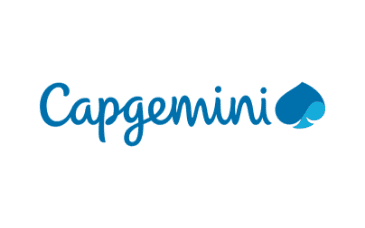
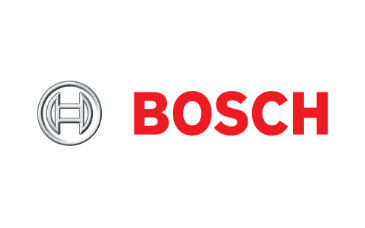
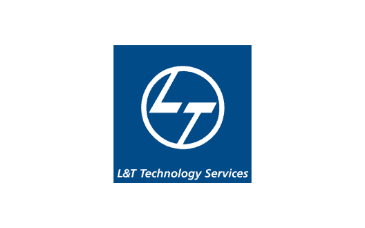
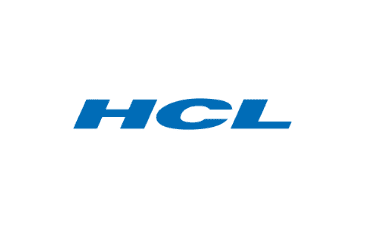

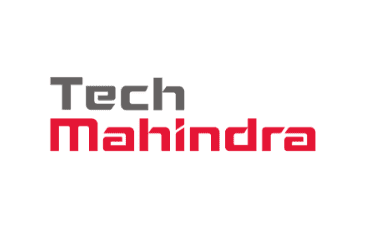
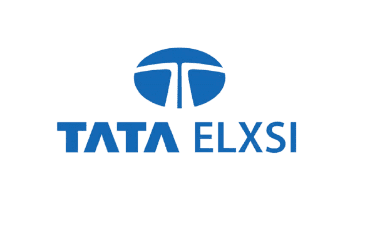
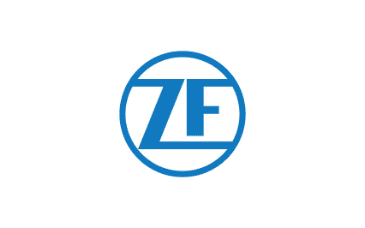

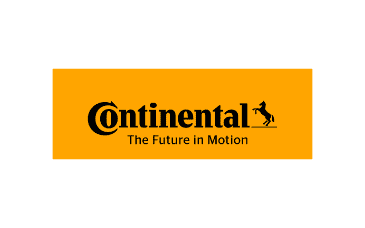
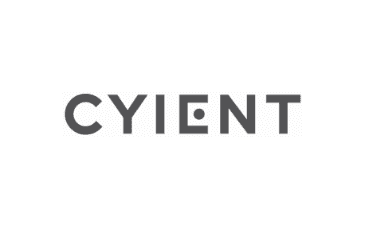


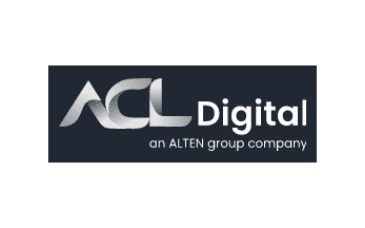

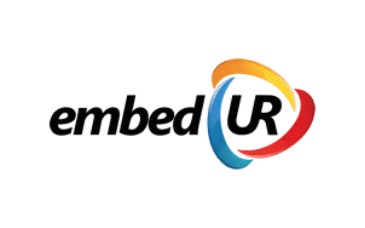
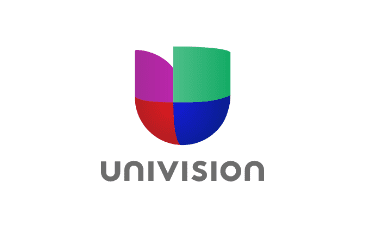
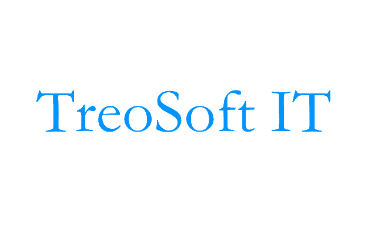
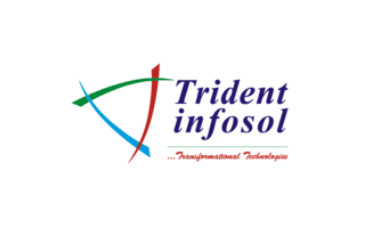
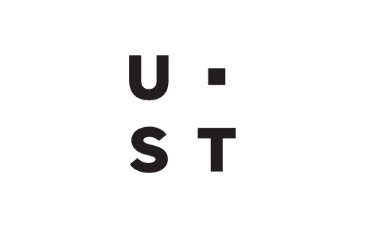
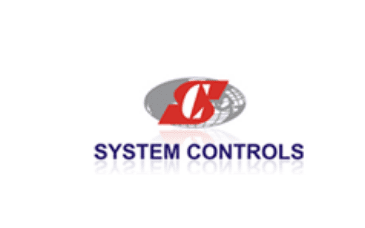
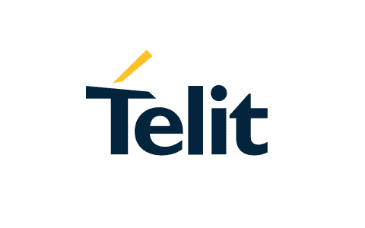
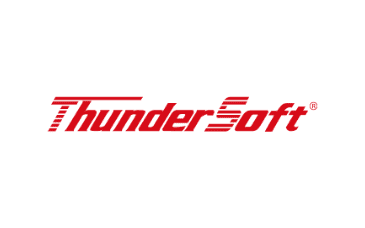

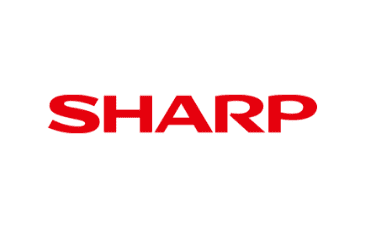

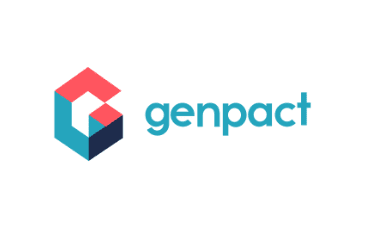
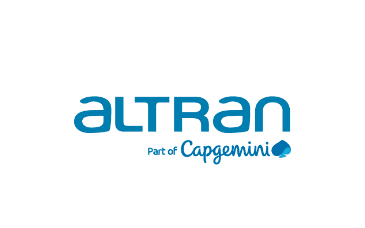
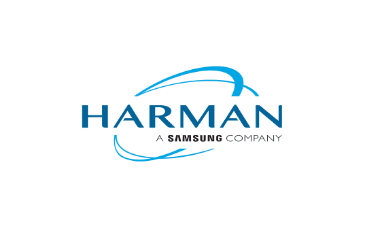


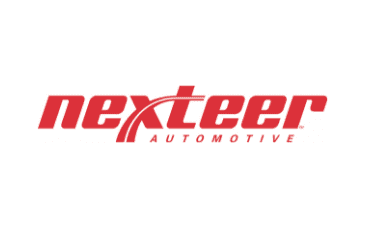


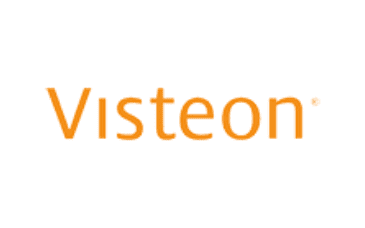

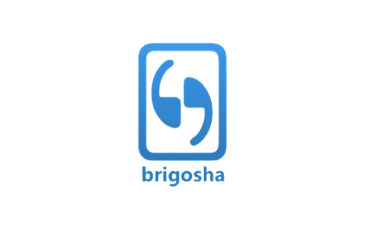

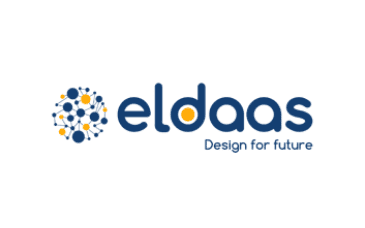
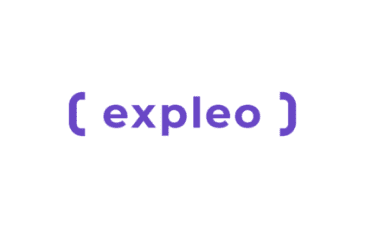
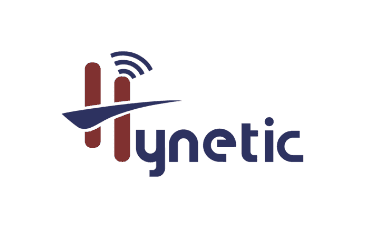
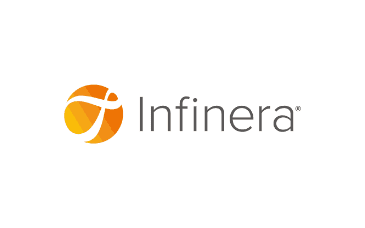



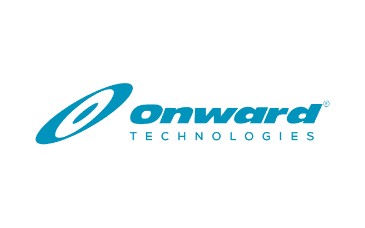

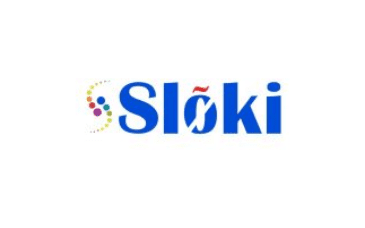
Full Stack Developer Course FAQs
What should I learn to become a Full Stack Java Developer?
You can become a Full Stack Java Developer by learning Core Java SE-9, RDBMS, HTML, CSS, JavaScript, MongoDB, Angular JS, JSP, Servlet, Spring Boot, and Web Services.
What are the prerequisites to learn Java Full Stack Developer course?
High-level Programming Knowledge like C, CPP. Additionally, if you have HTML, CSS, and JavaScript it will be handy.
How do I get certified in Full Stack Java Certification?
Need to Enroll for 5 Months Full Stack Java Course.
Is the Full Stack Java Course Certification worth it?
Yes, it is. Full Stack Java Course Certification, as well as Java training, comes to a lot of vested market value and interest among employers. Java is an object-oriented programming language that was designed for use in embedded systems, with a focus on enabling programmers to write small, fast applications. It has since become popular for large-scale enterprise applications and is now one of the most widely used programming languages in the world.
Testimonials
I completed my BE in Information Science and engineering. As a fresher, it was very difficult to get opportunities. I joined Cranes Varsity for PG Diploma in Full Stack Java Development and it has really helped me a lot. I have learned a lot from Cranes Varsity in Programming. The modules covered in the syllabus are very well structured and a must for a fresher. The trainers are very professional and have in-depth knowledge about subjects. The placement team is also very cooperative and provides quick assistance. The Full Stack Java Development Course was really helpful in getting the job. Finally,I got placed in Tata Elxsi. Thanks to Cranes Varsity.
I have completed my MCA and then joined Cranes Varsity. I am thankful to Cranes Varsity, trainers, and placement team that I got placed in Genpact, I am feeling grateful that I learned so many things here in my JAVA Course in Bangalore.
I completed my BE in ECE and as a fresher, it was so difficult to get many opportunities. So I joined Cranes Varsity for the Java Full Stack Developer Course and it has really helped me a lot. I have learned a lot in Programming at Cranes Varsity. The modules covered in the syllabus are well structured and much needed for a fresher. The trainers are very professional and have in-depth knowledge about the subjects. The placement team is also very cooperative and provides quick assistance. The course was really helpful in getting the job. Finally, I got placed in one of the Genpact companies with a good package. Thanks to Cranes Varsity.
Completed my B.tech in 2021 during the lockdown, my college couldn’t place me Hence, I enrolled in the Full Stack Java Development Course program at Cranes Varsity in August 2021,I am thankful to all the trainers and Cranes Management I got a job as Java software developer in December 2021 and got placed in Mouritech company in Bangalore. I got to learn everything from scratch and the trainers were very helpful.
Gourish Gunagi

Ankit Kumar

Pavan Patil

Yashasvi Yadav




